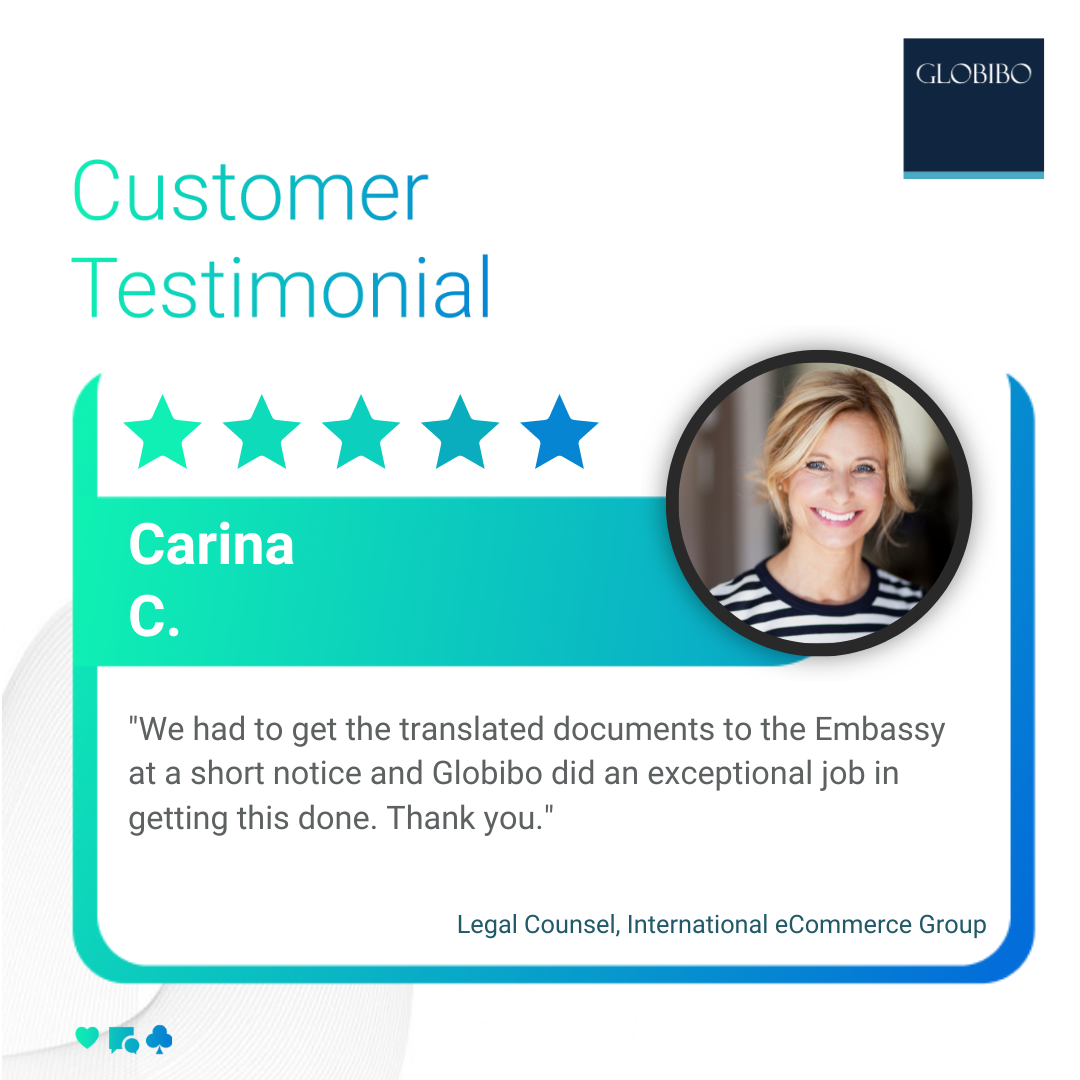Language Course Levels
Globibo follows the Common European Framework of Reference for Languages (CEFR). The CEFR is a guideline used to describe the achievements of learners of foreign languages across Europe and, increasingly, in other countries. It was put together by the Council of Europe as the main part of the project "Language Learning for European Citizenship" between 1989 and 1996. Its main aim is to provide a method of assessing and teaching which applies to all languages in Europe. In November 2001 a European Union Council Resolution recommended using the CEFR to set up systems of validation of language ability. The six reference levels are becoming widely accepted as the European standard for grading an individual's language proficiency. Nonetheless, existing examination boards have retained their own naming conventions, e.g. "Intermediate", which are, arguably, easier for them, and their students, to remember.
Language Course Levels
Different languages use different definitions for categorizing proficiency levels. Those differences accommodate for major specific of the language acquisition, e.g. the need for learning characters or not. We generally deploy the CEFR structure, also for Asian languages. For deviations in regards to CEFR and Asian Proficiency standards, like HSK or JLPT, please contact us.
 Please find below the information on the different CEFR levels. Furthermore you can use our online tests to evaluate your level.
Please find below the information on the different CEFR levels. Furthermore you can use our online tests to evaluate your level.
Basic 1: Can understand and use familiar everyday expressions and very basic phrases aimed at the satisfaction of needs of a concrete type. Can introduce him/herself and others and can ask and answer questions about personal details such as where he/she lives, people he/she knows and things he/she has. Can interact in a simple way provided the other person talks slowly and clearly and is prepared to help.
Basic A2: Can understand sentences and frequently used expressions related to areas of most immediate relevance (e.g. very basic personal and family information, shopping, local geography, employment). Can communicate in simple and routine tasks requiring a simple and direct exchange of information on familiar and routine matters. Can describe in simple terms aspects of his/her background, immediate environment and matters in areas of immediate need.
Intermediate B1: Can understand the main points of clear standard input on familiar matters regularly encountered in work, school, leisure, etc. Can deal with most situations likely to arise whilst travelling in an area where the language is spoken. Can produce simple connected text on topics which are familiar or of personal interest. Can describe experiences and events, dreams, hopes & ambitions and briefly give reasons and explanations for opinions and plans.
Intermediate B2: Can understand the main ideas of complex text on both concrete and abstract topics, including technical discussions in his/her field of specialisation. Can interact with a degree of fluency and spontaneity that makes regular interaction with native speakers quite possible without strain for either party. Can produce clear, detailed text on a wide range of subjects and explain a viewpoint on a topical issue giving the advantages and disadvantages of various options.
Advanced C1: Can understand a wide range of demanding, longer texts, and recognise implicit meaning. Can express him/herself fluently and spontaneously without much obvious searching for expressions. Can use language flexibly and effectively for social, academic and professional purposes. Can produce clear, well-structured, detailed text on complex subjects, showing controlled use of organisational patterns, connectors and cohesive devices.
Advanced C2: Can understand with ease virtually everything heard or read. Can summarise information from different spoken and written sources, reconstructing arguments and accounts in a coherent presentation. Can express him/herself spontaneously, very fluently and precisely, differentiating finer shades of meaning even in the most complex situations.

Quick Contact
Australia: +61 28317 3495
China: +86 21 8024 6090
France: +33 6 1302 2599
Germany: +49 (030) 8093 5151
Hong Kong: +852 5801 9962
India: +91 (11) 7127 9949
Malaysia: +603 9212 4206
Philippines: +63 28548 8254
Singapore: +65 6336 9002
Spain: +34 675 225 364
Vietnam: +84 985 611 322
UK: +44 (20) 3468 1833
US: +1 (718) 713 8593
Certification

ISO 27001 - Information Security Management System - Certificate #: CCL/ISMS/70818/GIPL

ISO 9001 - Quality Management System - Certificate #: CCL/QMS/70818/GIPL
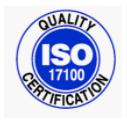
ISO 17100 - Quality Translation Services Management System - Certificate #: CCL/QMS/70821/GIPL
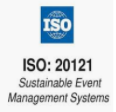
ISO 20121 - Event Sustainability Management System - Certificate #: CCL/QMS/70822/GIP
Testimonials
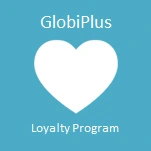
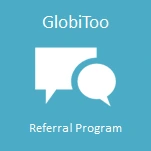
Globibo News

Globibo Panda Run
Join 28th of March, in Singapore 8.15pm Marina Bay Sands...

Globibo Hong Kong
A new milestone was hit in September 2012 with our own office in Hong Kong.

Corporate Training Website
Our Our Globibo Corporate Training Website is finally online.

Happy New Year
Happy New Year 2013. May it bless all of us with loads of joy & success.

Language-school.sg
Our new Web site dedicated to Language Courses in Singapore goes...



